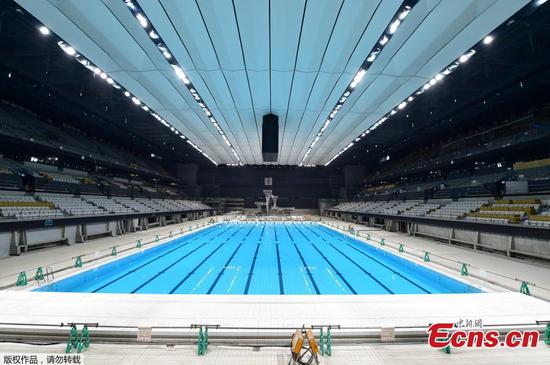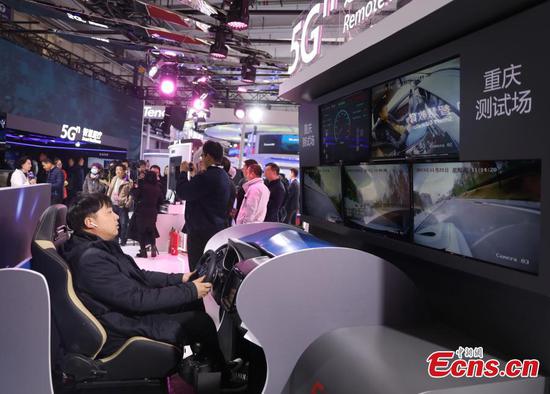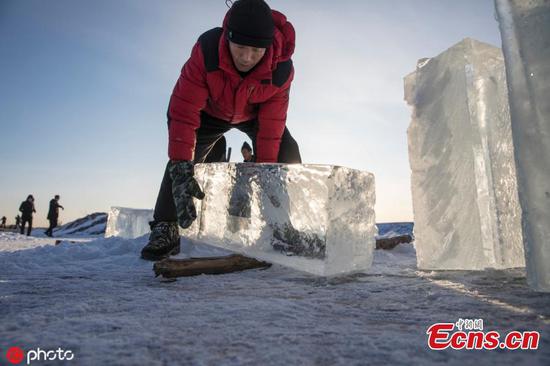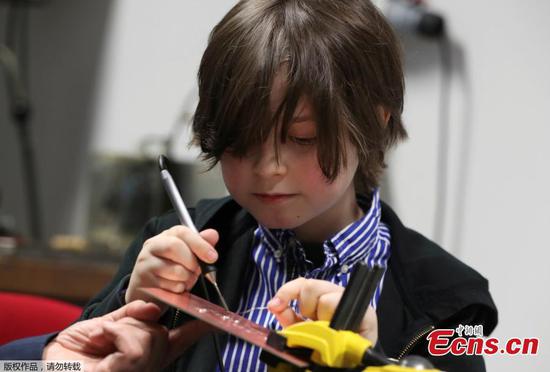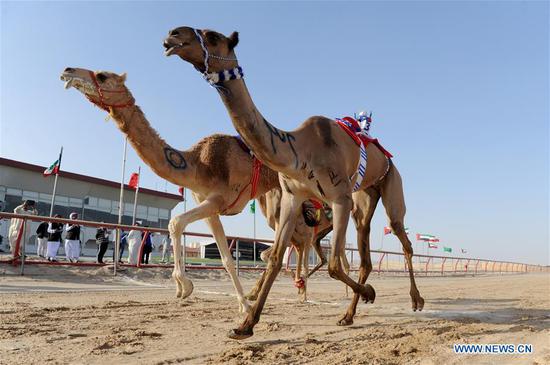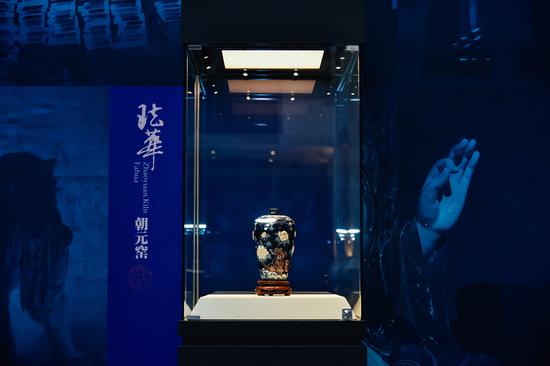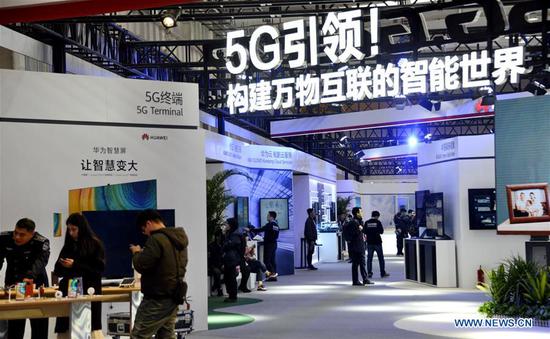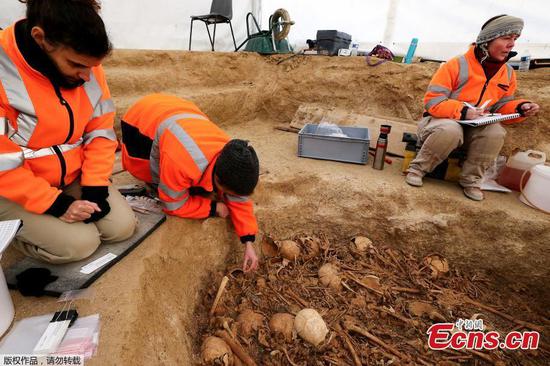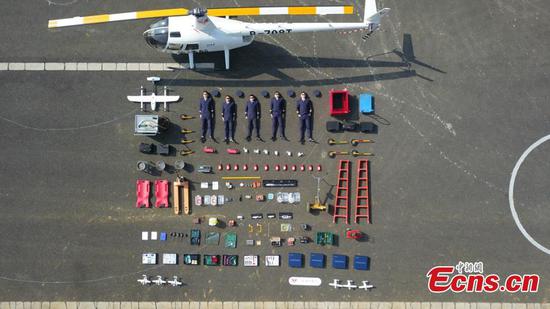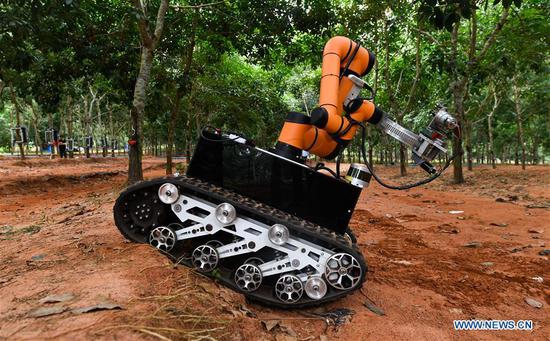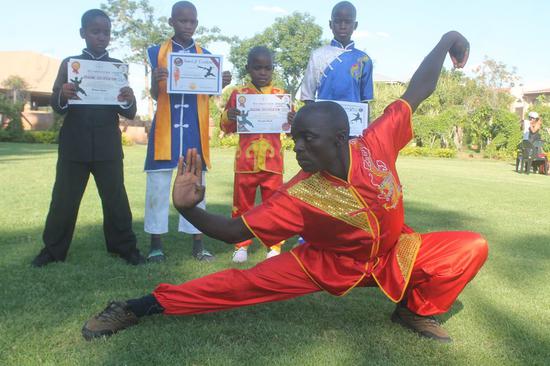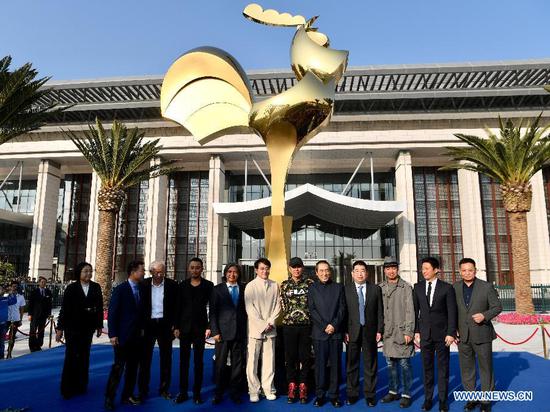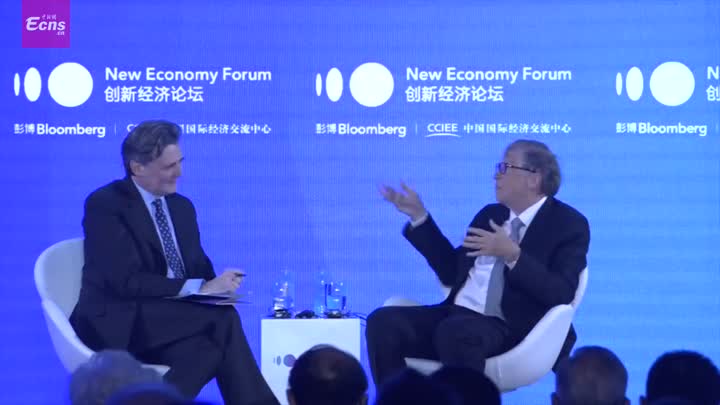Four years after finishing postdoctoral training at the University of Tennessee in 2011, Liu Kun returned to U.S. academia with a new role and vision.
In 2015, Liu, a Chinese expert in sports neuroscience, began his tenure as a visiting associate professor at Yale University's School of Medicine.
"I'm feeling more like a bridge between China and the U.S. this time — a two-way street instead of a one-way flow," said Liu, who is leading a research program at Yale and is pushing for such a program in China.
"When I came here 10 years ago, I thought of learning new technologies from the U.S., hoping they can help me conduct more innovative research after I go back to China," Liu said in a recent interview with China Daily.
"This time, I'm bringing new things here — something distinctive that has my mark on them. Take the sports neuroscience field as an example — not many people were working on it before I came here," he said.
Along with two Yale professors, Liu launched a program in the university's Department of Psychiatry. The program — called Physical Exercise Affecting on Cognition and Emotion (PEACE) — delves into an interdisciplinary field of sports science, neuroscience and analytical chemistry and studies how and why physical activities can have a unique effect on certain cognitions.
The program goes beyond developing scientific theories and aims to put them into real-life use. Liu and his team have been bringing practices of the program to communities in China, the U.S. and other countries to provide sports-based cognitive function training to seniors and children.
"At present, it is a good non-drug method to ensure the physical and psychological health of the aging population and prevent nervous and mental diseases," Liu said.
The Yale program has been promoted in China for around three years. Nine community hospitals and psychiatric hospitals have deployed the program, which trains local doctors in its use.
Liu sees the program as mutually beneficial to China and the U.S.. He also stressed the importance of the two countries sharing their findings.
In China, the program is available for individual use, at hospitals to elevate professional capabilities, and by individual doctors to advance academic research skills, Liu said.
"In the U.S., it is relatively hard to bring in patients for clinical trials. It's common for us to pay people for participating in the trials. But we could still hardly gather 100 patients in a single year," he said.
Liu pointed out that the research team was able to collect a considerable amount of data from its Chinese program, taking advantage of the country's large population and a much higher participation rate.
A lot of the data is shared between the two sides, said Liu, who emphasized data security.
"China needs to protect the U.S. intellectual property, while the U.S. side needs to keep the Chinese sample data safe," he said.
A clear rule for both sides is never to exchange the background profiles for samples, notably name, sex, age and other detailed information. Instead, every sample that the U.S. side gets is marked only with a number, said Liu.
Rules such as this are principles behind China-U.S. cooperation in the scientific field, which Liu finds necessary and beneficial for all.
China has its advantages in the global neuroscience industry. A high percentage of Chinese scientists — in China, in the U.S. and around the world — are devoted to neuroscience, and they've had outstanding accomplishments.
Together they've built a strong team, contributing significantly to the globalization trend, he said. And while the U.S. is leading the world in researching, developing and spreading science and neuroscience technology, part of it is due to contributions made by Chinese scientists.
"In the future, it would be a loss for countries to keep the technologies only to themselves," he said.
Even with rising nationalism, the foundation of globalization has been solidly laid, he said.
"China and the U.S. have quite a history of cooperation in the healthcare industry. Yale University, for instance, has long been carrying out programs in collaboration with China," Liu said.










